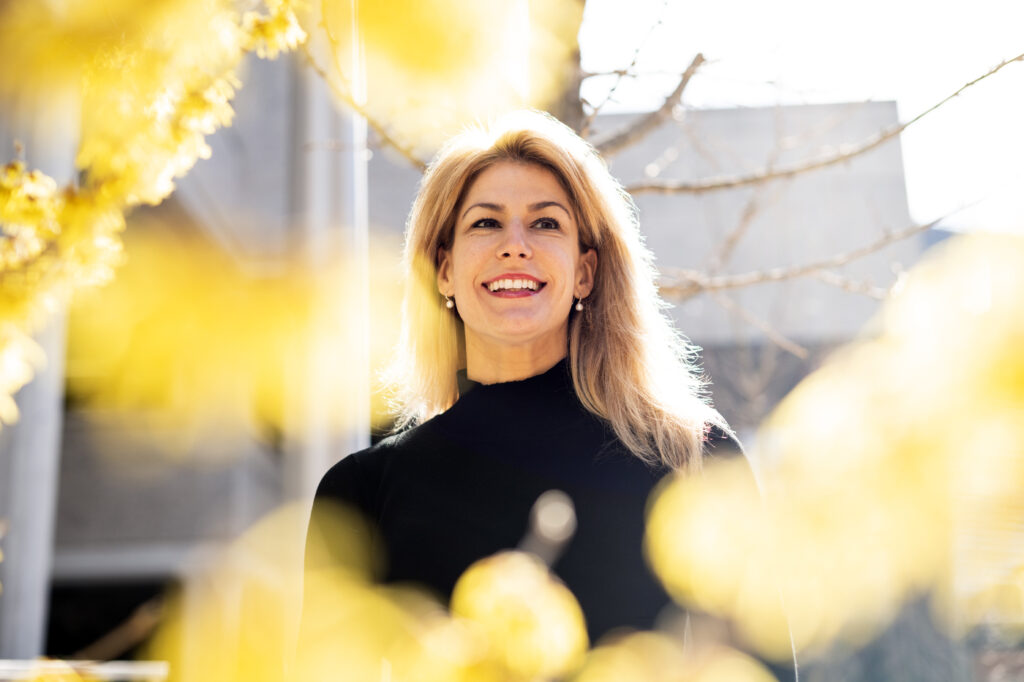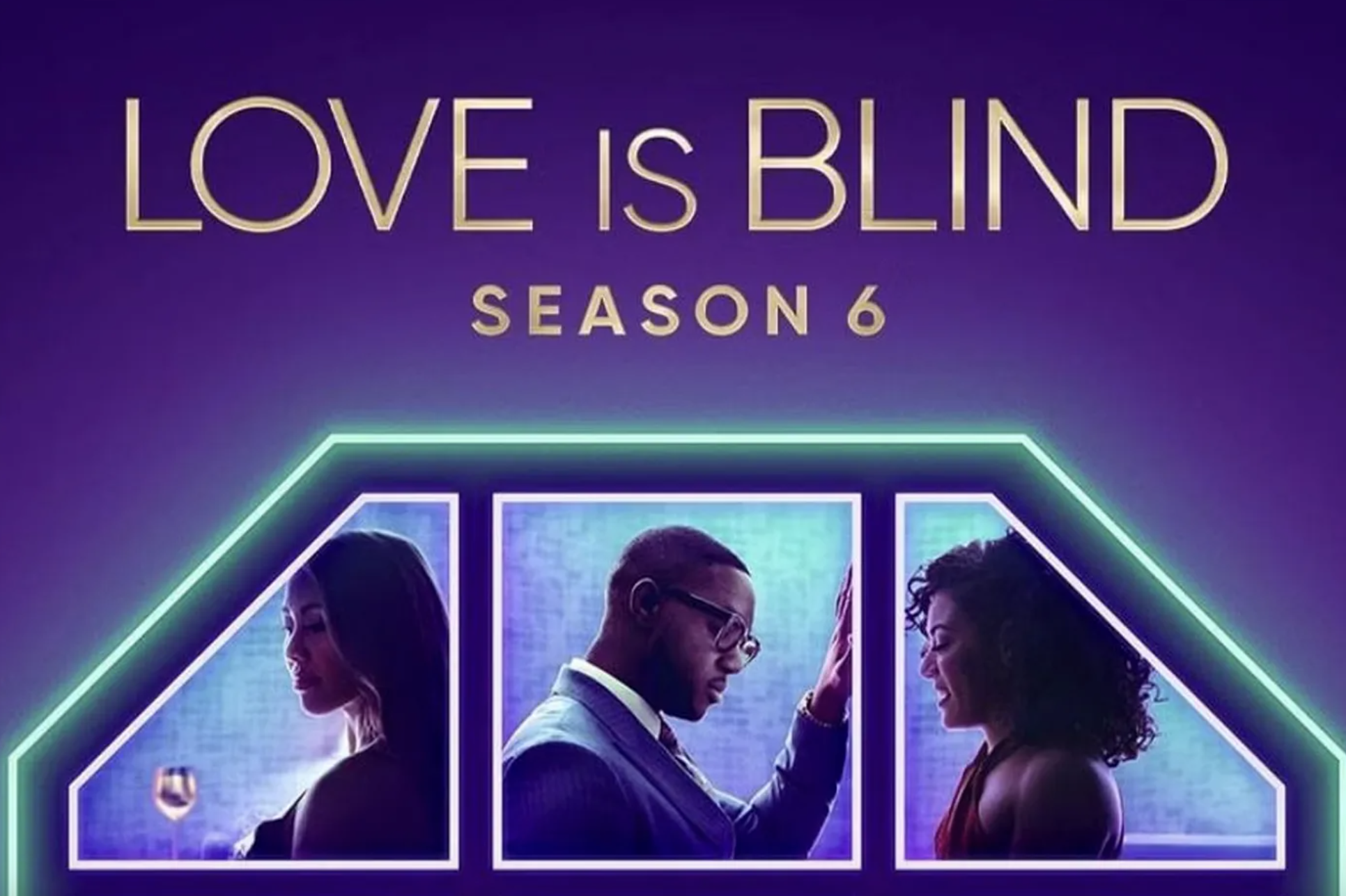By Erin Kayata
Reality TV shows test the limits of people’s physical and mental endurance (“Survivor”) and seek to find our generation’s greatest talents (“American Idol”). But Netflix’s popular reality show poses a different question: Is love blind?
“Love is Blind” tests this hypothesis by placing single contestants into “pods” where they date without ever seeing each other. Couples only meet after they get engaged. Over the course of the following weeks, they go on a couple’s trip, move in together, and plan a wedding. Over this short span, they must decide if they’re going to say yes or no to their partner when they’re at the altar.
Since first premiering in 2020, “Love is Blind” drew in high numbers of viewers on Netflix. The streaming service reported that 6.3 million viewers tuned in the first week Season Six dropped. Netflix rolled out episodes in batches week by week, with the final reunion episode of the season coming March 13.
The show has been a topic of discussion in group chats, social media threads and Northeastern classrooms. Elizabeth Glowacki, an assistant teaching professor in communication studies at Northeastern University, said the show has come up in the interpersonal communication class she teaches.
“My students find it to be interesting because we’re so inundated now with apps like Tinder and Hinge,” she said. “But there, until recently, haven’t been spaces for people who are looking for connections that are deeper. … Because people do love differently, it’s important that there’s content out there that speaks to all the ways people want to find a partner.”
Continue reading at Northeastern Global News.





